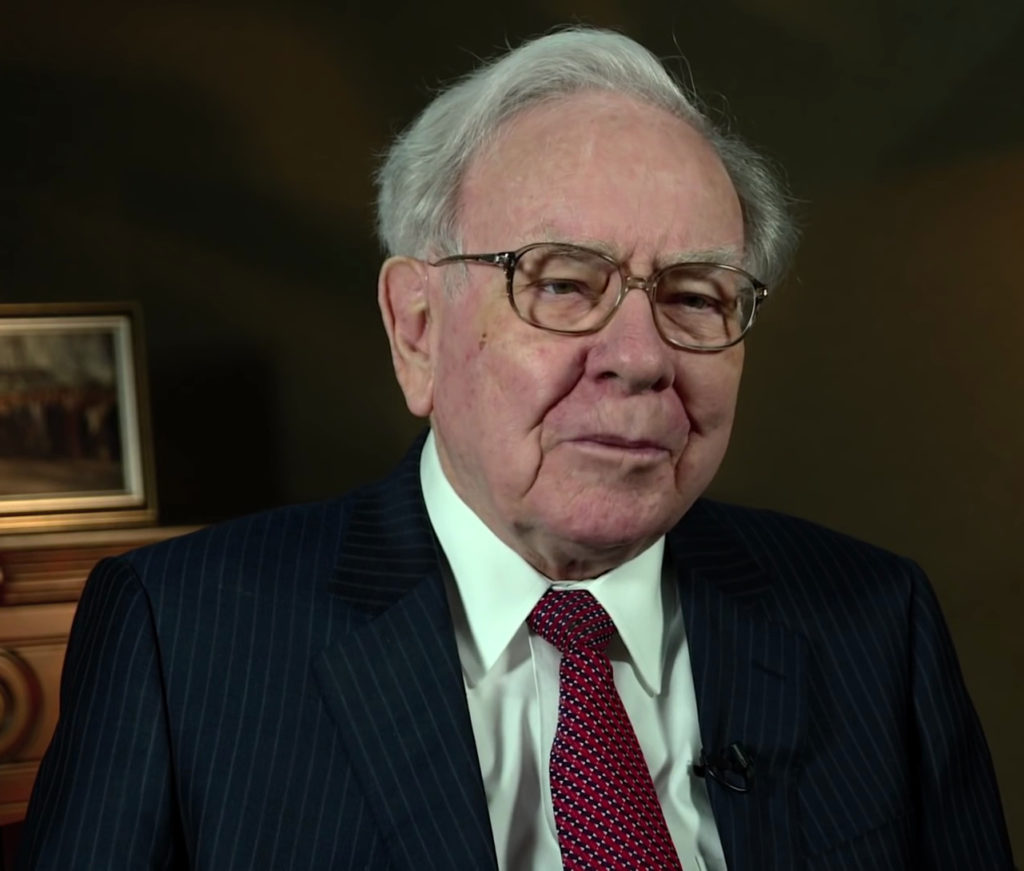Back in 2004, in what was surely a dingy Harvard dorm room filled with empty cans of energy drinks and smelly nerds, Facebook was conceived by Mark Zuckerberg and a cohort of other misfits who never could have imagined the enormous success that the social media giant would achieve.
But fast forward to 2022 and Zuckerberg, still at the helm of Facebook’s parent company Meta, has had to admit he made mistakes following the onset of covid-19 and several poor earnings reports, which has forced Meta to curtail its global workforce by 13% or 11,000 jobs.
Advertising revenue is Meta’s main source of income, but this has been negatively affected by a downturn in the global economy while other big tech players, like Apple, have prioritised privacy, which greatly limits the ability of social media companies to build an accurate advertising profile of its users.
“Not only has online commerce returned to prior trends, but the macroeconomic downturn, increased competition, and ads signal loss have caused our revenue to be much lower than I’d expected.
I got this wrong, and I take responsibility for that,” Zuckerberg wrote in a statement released on Wednesday.
But Arthur Sants argues that the tech rout cannot be blamed solely on a slowing economy.
Sants writes that interest rates matter a lot and when companies promise innovative products in the future, investors buy the stocks based on future cash projections.
“Most have reached market saturation point, and advertising is just a function of wider economic activity.
However, as we can see with the strong performance from the S&P 500 Value Index, it is not the wider economic downturn which is pushing down Meta, Amazon and Google’s market cap,” writes Sants.
He writes the tech sell-off “is mainly driven by interest rate rises and the devaluation of the most speculative parts of the big tech businesses.”
Meta isn’t the only tech company struggling under current economic conditions as October revealed just how much revenue and future projections have declined for Wall Street and Silicon Valley darlings.
Twitter slashed half its workforce following Elon Musk’s purchase of the company and a massive revenue drop while Snapchat also recently cut 1,300 jobs.
Kate Thompson Davy opines that while Twitter may not be dead, it may have outlived its purpose.
At some point, it was supposed to be a place for robust debate and argument, which promptly turned ugly and divisive.
It seems like Mr Musk’s plans for the service are to return it to some form of unfettered free speech.










